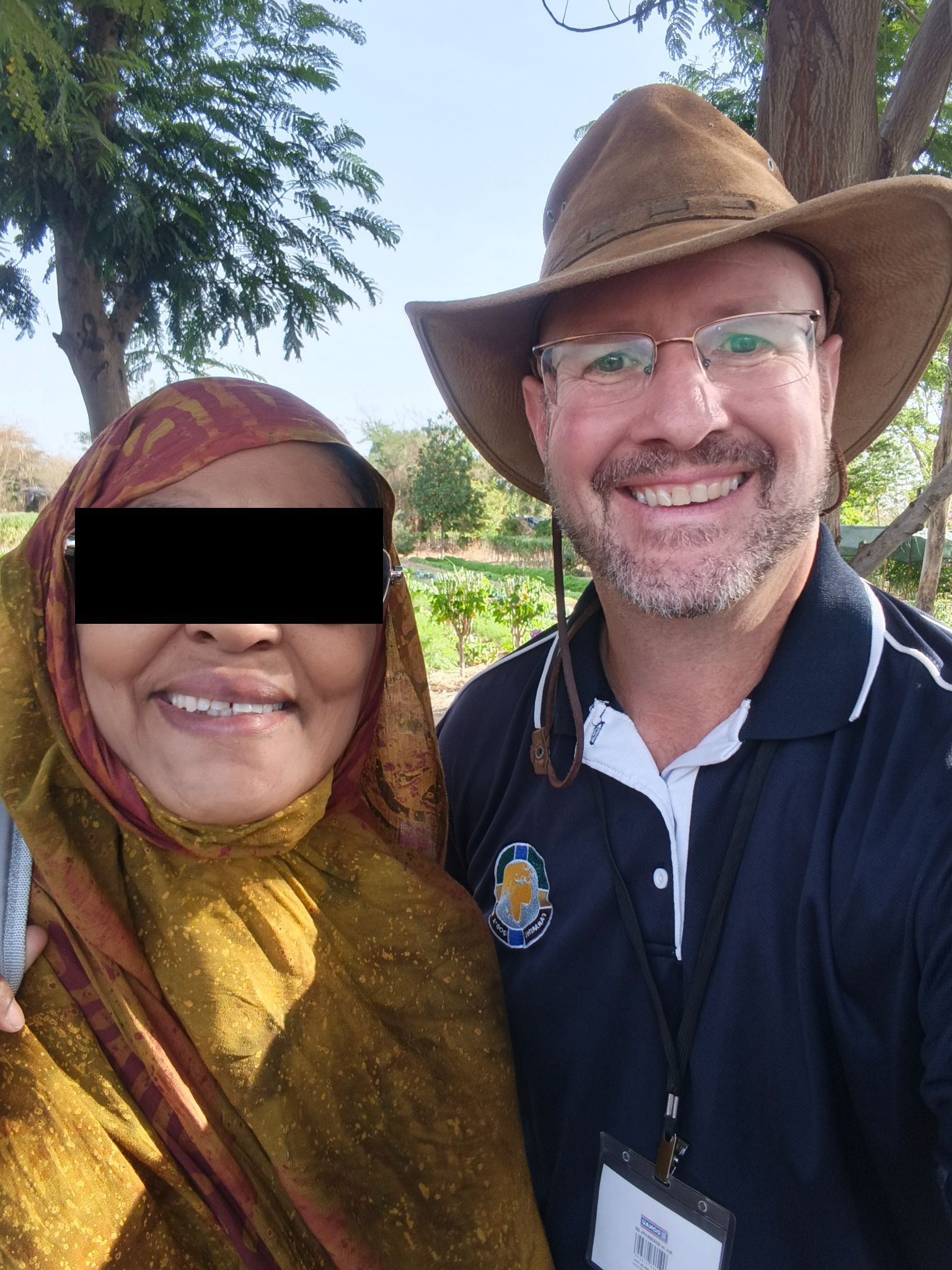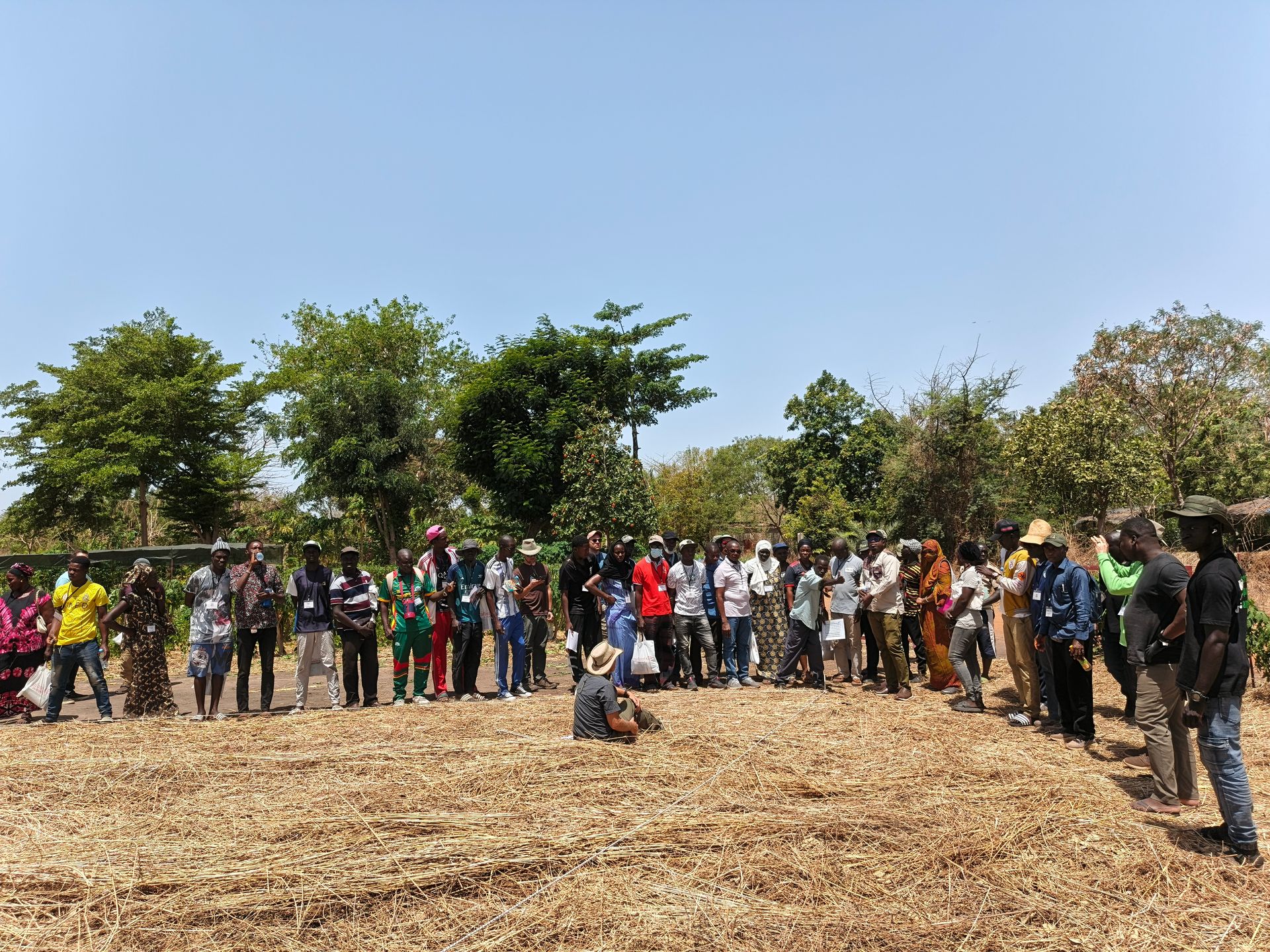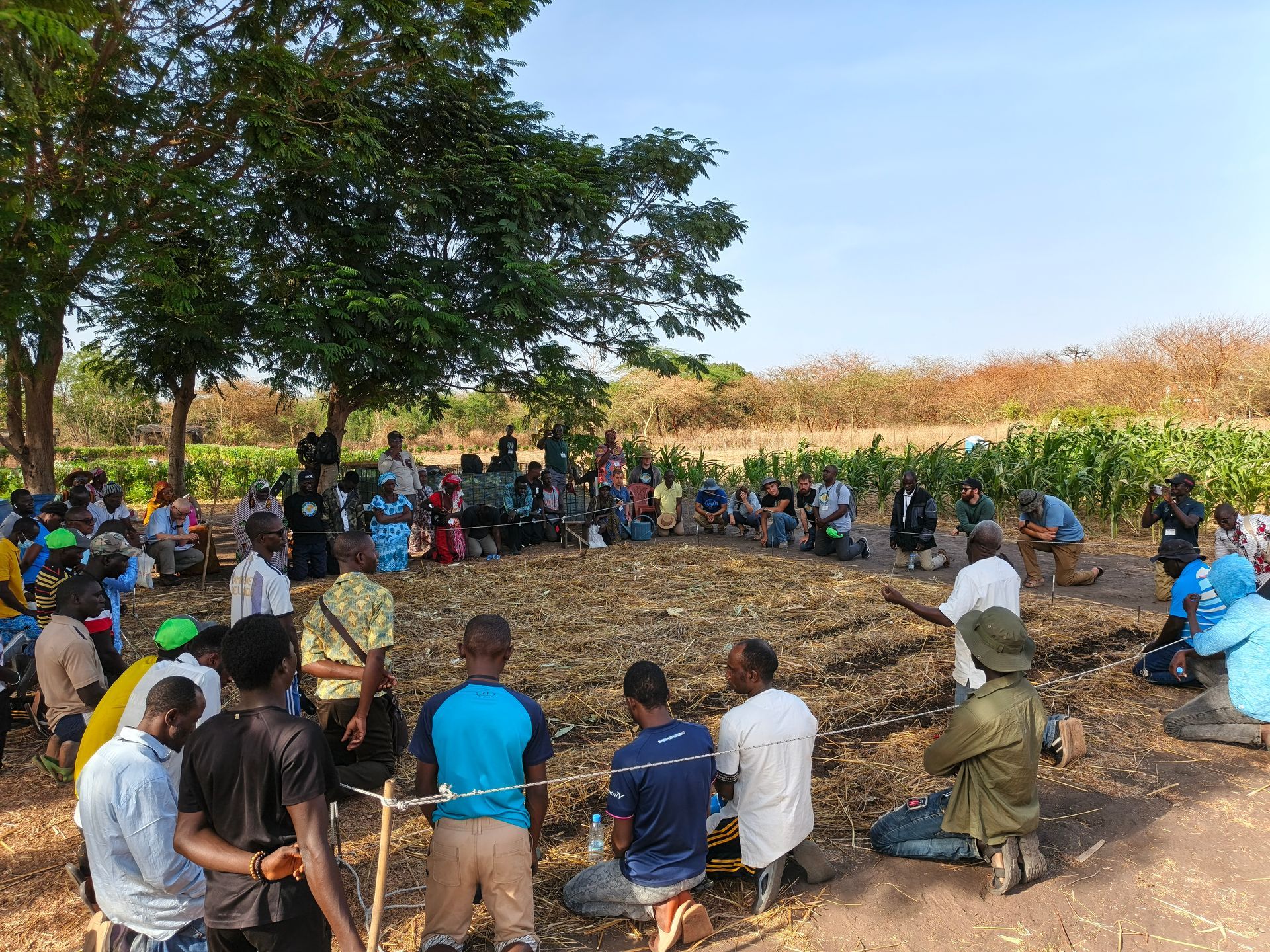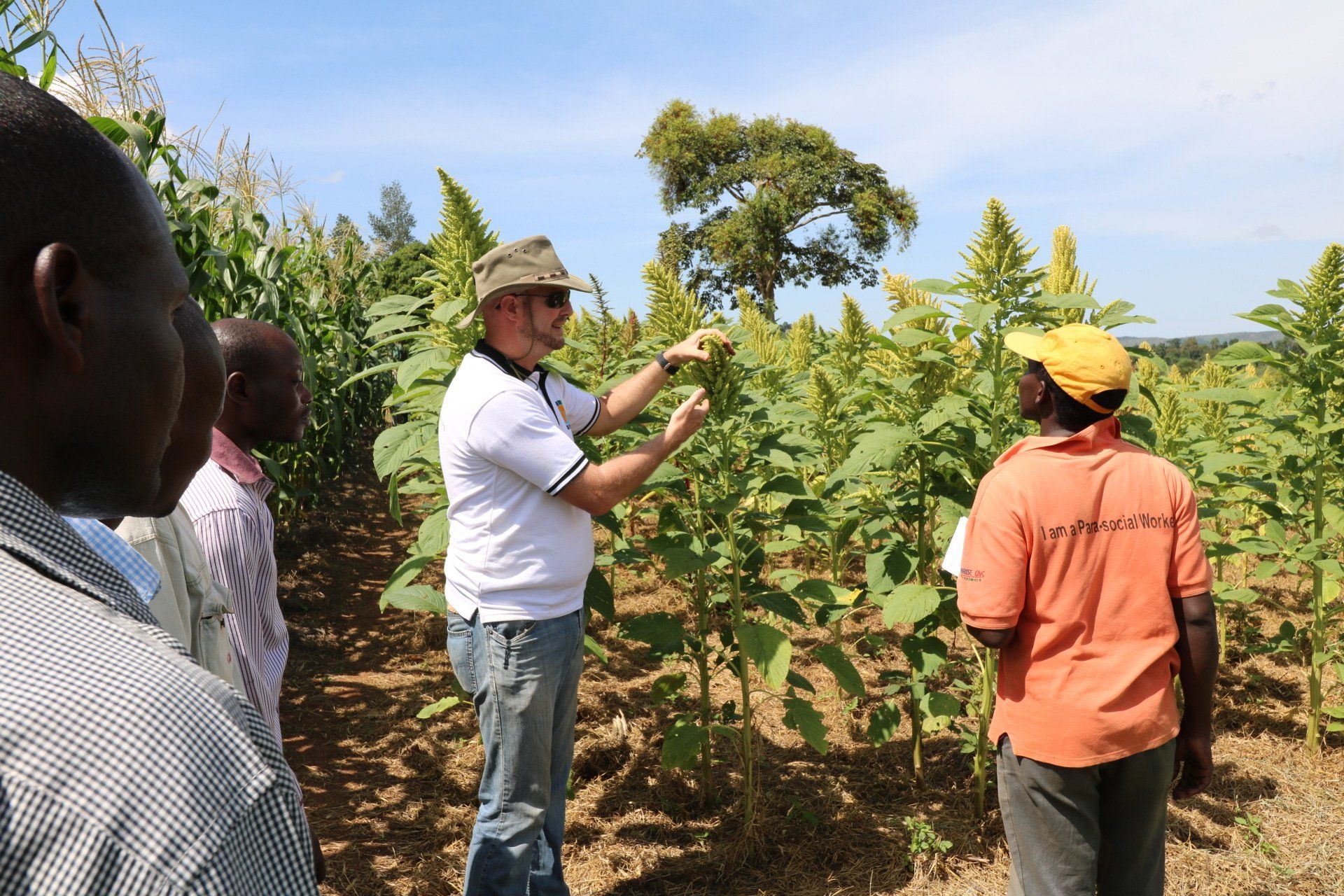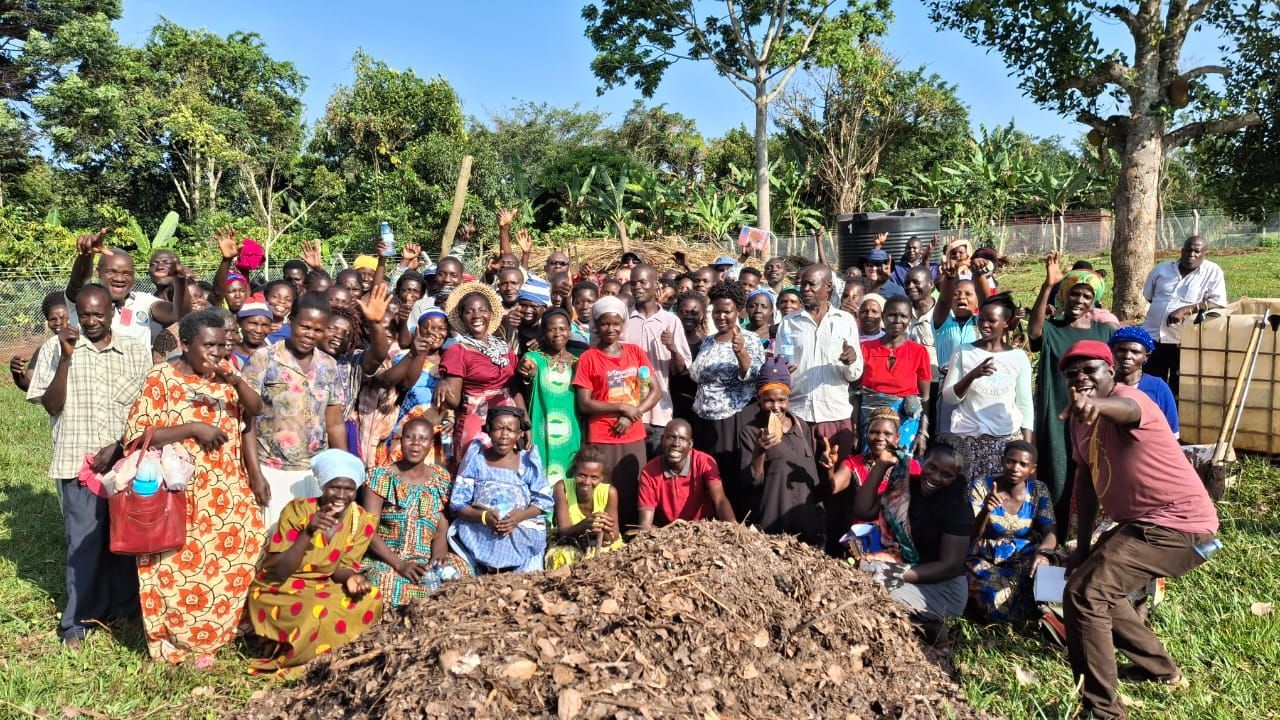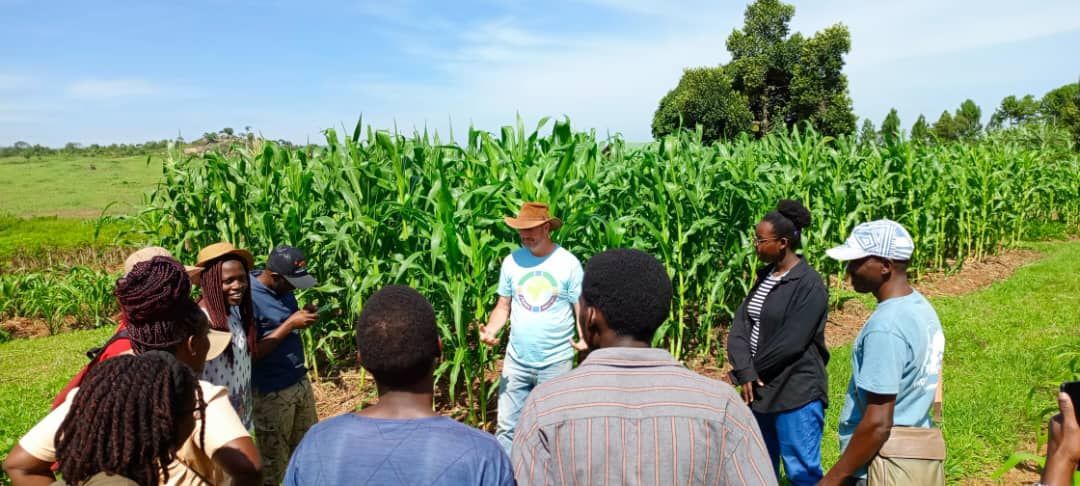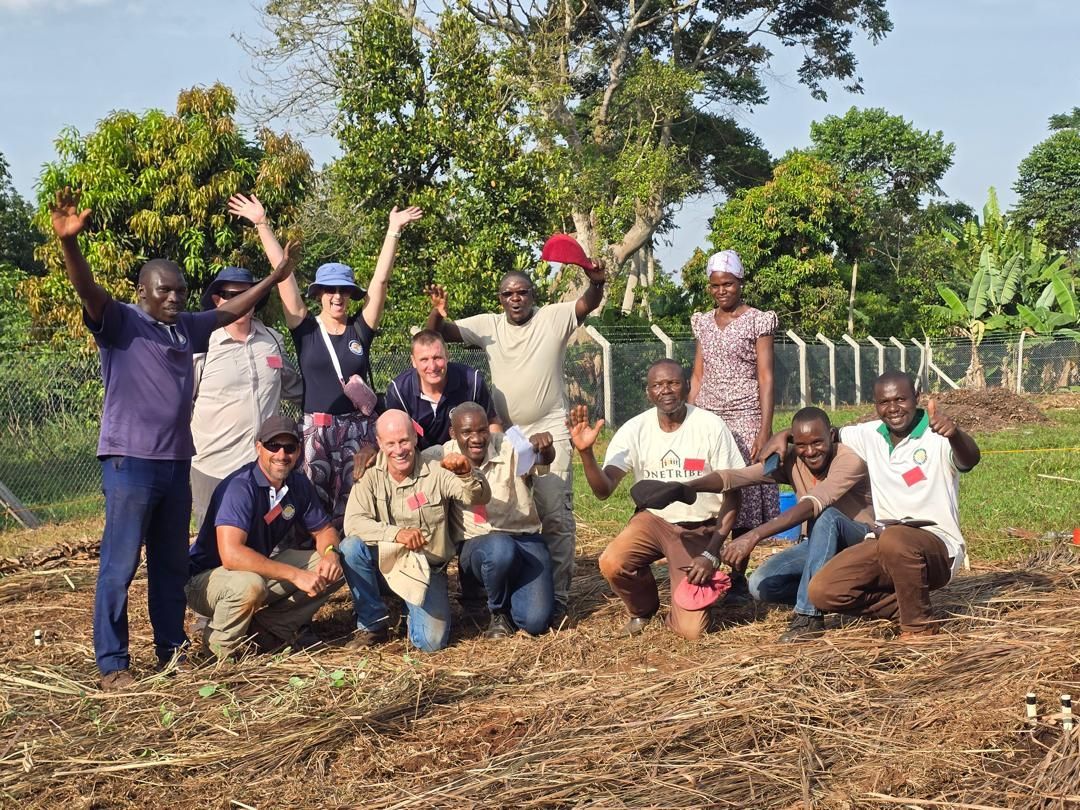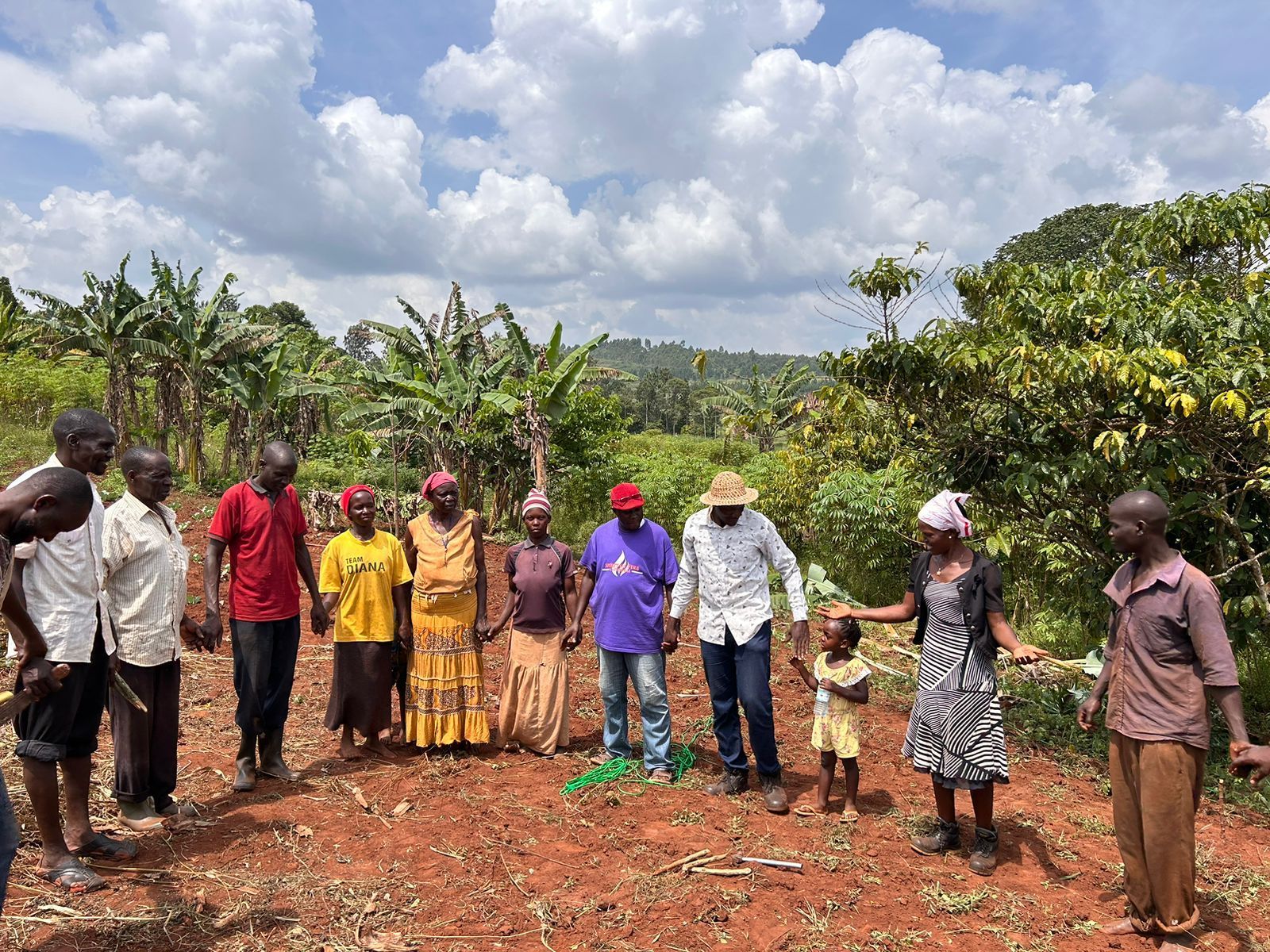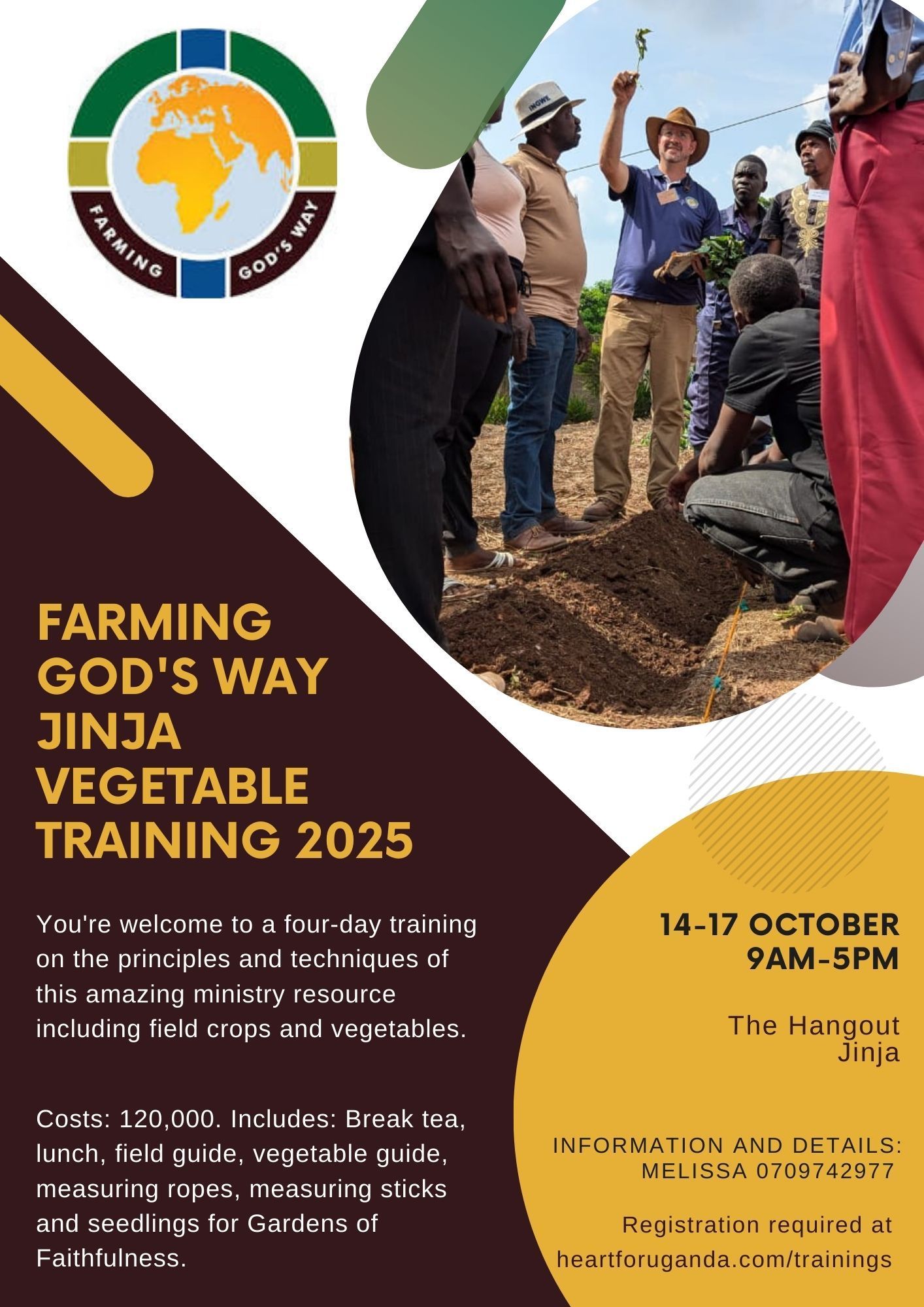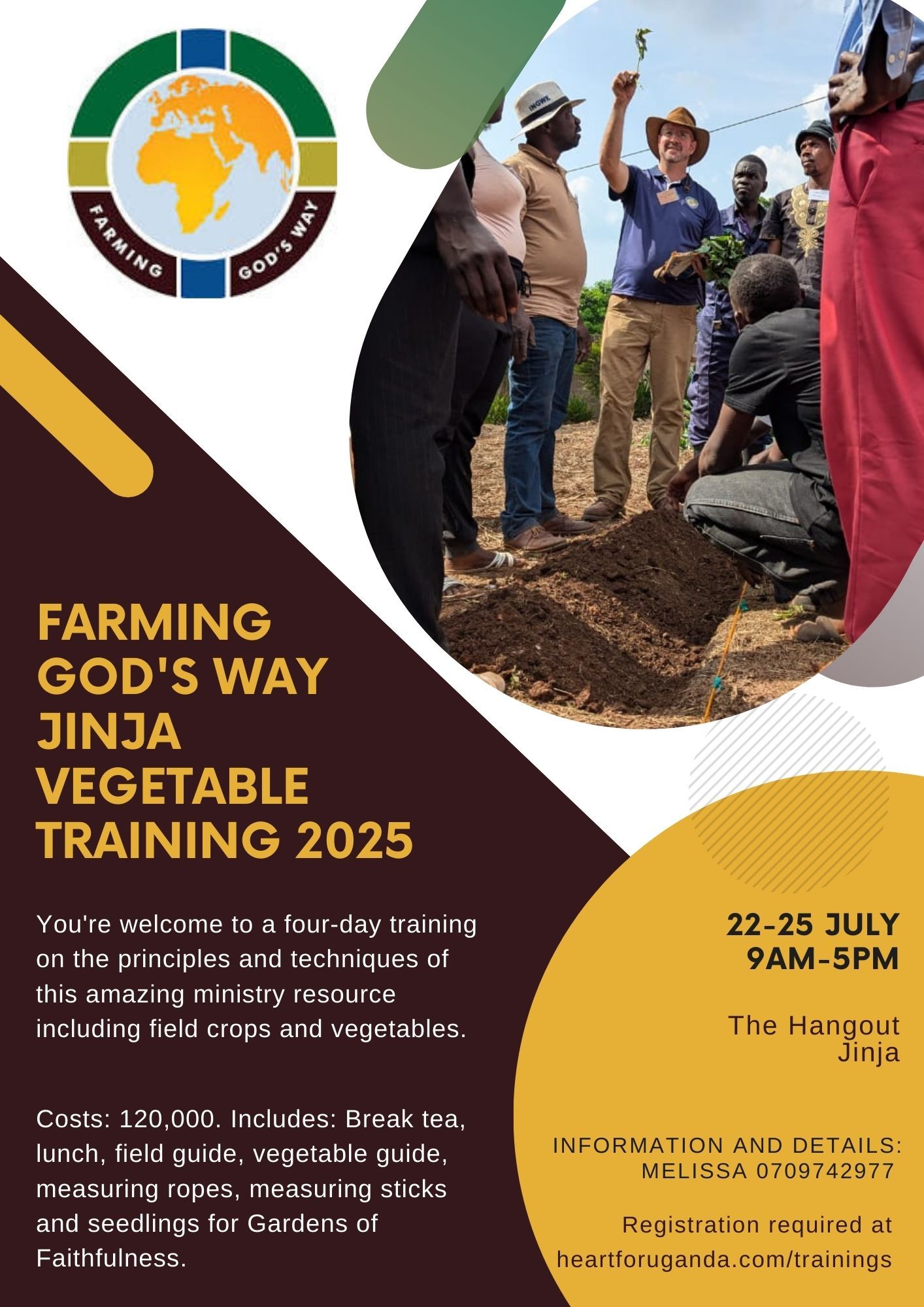Landowner Struggles in Uganda
We have been blessed by some gracious donors that enabled us to purchase 22 acres of land in a neighboring district called Mayuge. Mayuge District has the second highest percentage of Muslims in all of Uganda, so it is a great place to be a light on a hill for Christ in the heart of Islamic territory. I really feel that God has called us specifically to this location to have an impact in that area for the Kingdom and I’ve had others tell me the exact same thing when they visited the land.
As I’ve had to learn quite quickly, being a landowner in Uganda is much different than back in the states! The first issue we have run into is related to culture. In the book, African Friends and Money Matters, the author notes that in African culture, if something is not being actively used, it is considered “available”. We have purchased 22 acres and we are doing everything by hand. This means we are only using a portion of the land, currently deeming the rest of the land “available”. This means that everyone with a cow or goat within a 2 mile radius is bringing their animals to graze our land. This may not seem like a big deal, but we are doing a farming practice called Farming God’s Way that utilizes mulch (God’s blanket in FGW vernacular). We were growing grasses as God’s blanket on the rest of the land, however the neighbors don’t understand that we are actually using the grasses we are growing and have no problem letting their cows and goats eat up the grass. On top of that, the cows and goats get loose and eat up the mulch coverage we have on our crops, destroying hours and hours of work in a single evening! Their hooves are also destroying our planting stations! It’s very disheartening to have put in so much work to have it destroyed by animals!
We’ve tried to explain to these cattle and goat herders that we are using the grass, but it is falling on deaf ears because they don’t understand the value of mulch. We really need to ensure that we have good demonstration crops this season because we are the talk of the county! We are doing something radically different than they have ever seen. If our crops fail because cows and goats destroy our mulch and crops, we will have a really difficult time winning over the villagers to try our method of farming or even listening to us share the Gospel.
Some of the cows eating up our mulch
I know what you are thinking…just build a fence around it and call it good. It’s not as simple as you might think to “just” build a fence. We can’t use wood posts here because termites will absolutely destroy the posts in a matter of weeks rendering your fence useless. We can’t use T-posts or other metal posts because people steal these posts to sell as scrap metal. That means we have to use concrete posts that are set in concrete, which is very expensive. On top of that, even if we had enough money to build a fence now, we can’t because we do not have anyone staying on the land full time. When no one is there, people will steal the chain link or barbed wire to also sell as scrap metal.
Our farm manager, Alex, currently lives about 2 miles away in a neighboring trading center and rides a bike to the farm on work days. That means that during the early mornings, evenings and weekends there is no one overseeing the land and that is when the neighbors take advantage of us. Having him away also means that it is difficult for him to get to the land on some days during the rainy season.
Alex was unable to live with his wife and four children when he was serving as a security guard because he lived in a barracks setup where there was no where for his family to live. Alex is from the far northwest part of Uganda and it is a days journey to reach his home. When he was a security guard, we went a year and a half without seeing his family! His wife and kids moved to the trading center when he took the job as farm manager for us. However, she did not speak any of the languages spoken in Mayuge. This caused her to be ridiculed by others in the trading center and ended up moving back to the village. She desires to be with Alex, but she couldn’t handle the shame she faced not being able to communicate. Alex has indicated that she will move their family back if they have a place to live outside of the trading center.
Another issue we have run into is that we don’t have a place on our land for storing our farming tools, seeds, etc. We are currently storing them in a neighbor’s house, but as our farm grows and we start farming more and more, we need to have a location to store our tools that is on the land and secure.
Another issue we face is that we want to eventually raise pigs, chickens and goats on our property and teach the farmers the best practices for raising these animals as part of our vocational training program. We can’t do this until we have a fence because 3 month old piglets sell for about 250,000 Ugandan shillings, which is an average Ugandan’s monthly salary! I’ve heard story after story of people getting their animals stolen without proper security. Also, a friend of mine shared that he is also in a Muslim area and had an issue with Muslims poisoning his pigs.
The final issue (that I’ve found thus far) is that from my experience with the last demonstration gardens I had, without a fence, the neighbors will also help themselves to our crops before we can harvest them. I don’t have an issue with sharing the harvest with neighbors, but I would like to know the yields that we produce so we can show how much better Farming God’s Way is than traditional farming practices.
All that being said, we have land and we are working on cultivating the land, but our ability to ensure we have good results and offer a well rounded training program including animal rearing are hampered by the fact that we don’t have a fence to properly safeguard our assets. We can’t have a fence because we don’t have someone on the property most of the time and we have no where to securely store our tools and equipment.
We would like to begin to alleviate this issue by building a house for Alex on the property along with a storage room to secure our tools and equipment. This won’t solve all of our problems, but will help to reduce most of the issues we are facing. Alex can keep the cows and goats off the property, their family can be together again, and we can store our assets securely. The cost of the house for Alex and the storage room is approximately $7,000. If you would like to come alongside us to help solve these problems and be a blessing to Alex, you can donate to our Needs List. To do this, simply go to www.heartforuganda.com/needs-list. Thank you for your prayerful consideration!
Our farm manager, Alex
The post Landowner Struggles in Uganda appeared first on Heart For Uganda.
